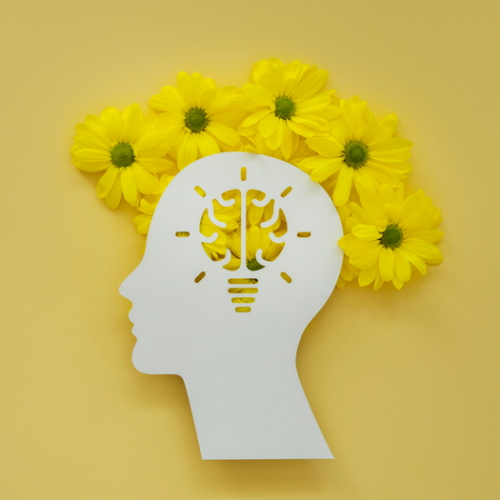Unlocking Your Potential Starts with Understanding Your Mindset
Understanding the Mindset, true personal growth, and success begins with a deep understanding of the intricate workings of the mind. Our mission is to empower individuals like you to harness the power of mindset to achieve your goals and live a fulfilling life.
Elements of Mindset
The significance of mindset extends beyond individual behavior to impact various aspects of life, including relationships, education, and professional success. Research suggests that mindset influences resilience, motivation, and achievement outcomes. By understanding the power of mindset, individuals can cultivate greater self-awareness and agency in shaping their lives.
Moreover, understanding mindset involves recognizing the role of environmental factors, such as culture, upbringing, and social influences, in shaping beliefs and attitudes. While individuals may inherit certain mindsets from their surroundings, they can challenge and reshape these perspectives through deliberate practice and exposure to new experiences.

Beliefs and Convictions
Your beliefs shape your reality. They influence how you perceive yourself, others, and the world. Examining and reshaping your beliefs can unlock new possibilities and overcome limiting thoughts.
Attitudes and Dispositions
Your attitudes determine your approach to life’s challenges and opportunities. A positive attitude and mindset can fuel resilience, creativity, and growth.
Behaviors and Habits
Your behaviors and habits are the tangible manifestations of your mindset. You can create lasting change and progress by cultivating positive habits and behaviors aligned with your goals.
Different Types of Mindsets
Understanding mindset is about unpacking the complex dynamics of human cognition and behavior, acknowledging the potential for growth and change, and empowering individuals to adopt attitudes and beliefs that foster resilience, learning, and personal development.
Not all mindsets are created equal. Understanding the different types of mindsets can help you identify your own and take steps to cultivate a more empowering mindset.

Types of Mindset
Fixed Mindset
In a fixed mindset, individuals believe their abilities and intelligence are static traits. They may avoid challenges, fear failure, and resist change. Recognizing and challenging a fixed mindset is the first step towards unlocking your potential.
Growth Mindset
A growth mindset is characterized by the belief that abilities can be developed through effort and perseverance. Those with a growth mindset embrace challenges, learn from failure, and view setbacks as opportunities for growth.
Benefit Mindset
Beyond fixed and growth mindsets lies the benefit mindset. Regardless of the outcome, this mindset focuses on how challenges and setbacks can benefit us. It emphasizes learning, growth, and resilience, regardless of the circumstances.
FAQs About Understanding the Mindset
Find answers to common New Mindsets and practical tips
Yes, mindset can be changed. Through self-awareness, intentional effort, and practice, individuals can shift from a fixed mindset to a growth mindset, unlocking their potential for learning and growth.
The key elements of mindset include beliefs and convictions, attitudes and dispositions, and behaviors and habits. Understanding and cultivating these elements can lead to personal growth and success.
You can identify your current mindset by examining your beliefs about intelligence and abilities, your attitude towards challenges and setbacks, and your habitual behaviors in response to difficult situations.
There are primarily three types of mindset: fixed, growth, and benefit mindset. Each type influences how we approach challenges, perceive failure, and strive for success.
A mindset is the collection of beliefs, attitudes, and behaviors that shape how we perceive and approach the world. It’s crucial because it influences our decisions, actions, and overall well-being.
Understanding the Mindset provides resources, tools, and guidance to support individuals in understanding, identifying, and cultivating empowering mindsets.
Practical steps for cultivating a growth mindset include embracing challenges, viewing failure as an opportunity for learning, seeking feedback and constructive criticism, and fostering a positive attitude towards learning and improvement.
Is that all there is ?
Subscribe to Our Newsletter
Stay updated with exclusive content

